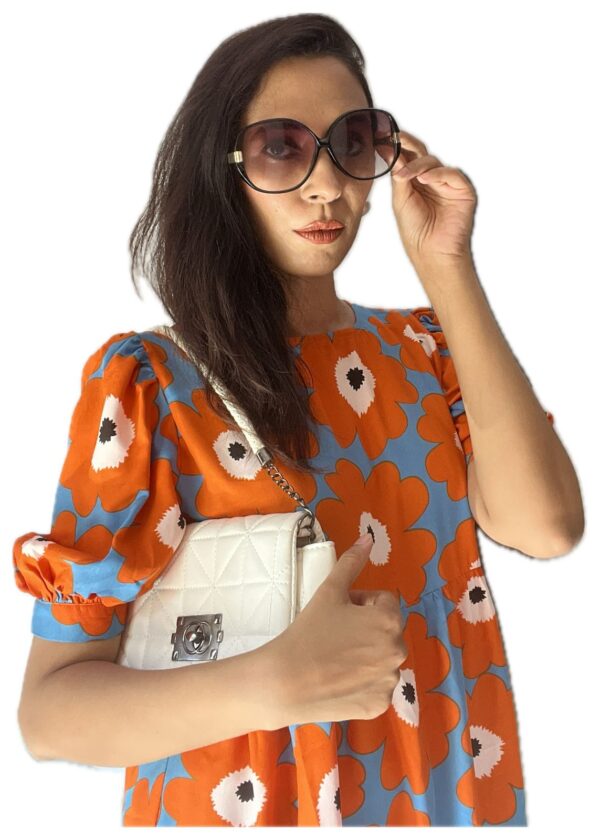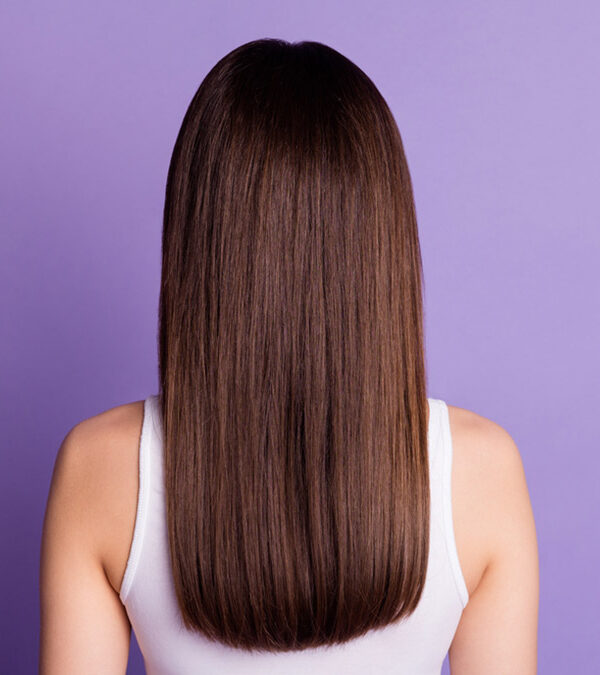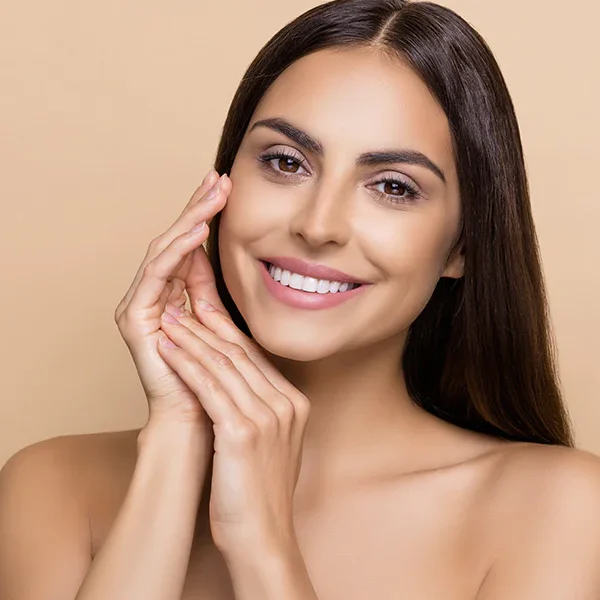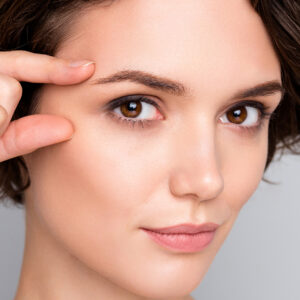Introduction
In the world of skincare, the terms “retinol” and “retinoid” are often thrown around, but what exactly do they mean, and how do they differ? If you’ve ever been curious about these potent ingredients and their role in your skincare routine, you’re in the right place. In this blog post, we’ll delve into the details, highlighting the distinctions between retinol and retinoids and helping you make informed decisions for your skincare regimen.
Retinol vs. Retinoid: What’s the Confusion?
Before we dive into the differences, let’s clear up the initial confusion. Retinoids are a class of compounds derived from vitamin A, which are widely used in skincare products to address various skin concerns. Retinol, on the other hand, is a specific type of retinoid. To put it simply, all retinols are retinoids, but not all retinoids are retinols.
Retinoids: The Bigger Picture
Retinoids are a group of chemical compounds that include retinol, retinaldehyde, tretinoin (retinoic acid), and various synthetic derivatives. These compounds work by binding to specific receptors in your skin cells, influencing various cellular processes. The ultimate goal? To promote skin cell turnover, stimulate collagen production, and reduce the appearance of fine lines, wrinkles, and blemishes.
Retinol: The Gentle Giant
Retinol, a milder form of retinoid, is often considered the entry point for those new to vitamin A derivatives in skincare. It undergoes a two-step conversion process within your skin, first turning into retinaldehyde and then into tretinoin (retinoic acid). This gradual transformation means that retinol tends to be less potent and causes fewer side effects compared to other retinoids.
Key Differences Between Retinol and Other Retinoids
- Potency: Retinol is less potent than other retinoids like tretinoin. While this makes it a better option for beginners, those seeking more dramatic results may opt for stronger retinoids under the guidance of a dermatologist.
- Over-the-Counter Availability: Retinol is commonly found in over-the-counter (OTC) skincare products, making it more accessible to the general public. Stronger retinoids typically require a prescription.
- Conversion Process: Unlike retinol, stronger retinoids like tretinoin don’t require a two-step conversion process within the skin, which means they act more quickly but can also lead to increased sensitivity and potential side effects.
- Skin Sensitivity: Retinol is generally considered gentler on the skin, making it suitable for sensitive individuals or those with mild skin concerns. Stronger retinoids may lead to more significant skin irritation and require careful introduction into your skincare routine.
Guidelines for Adding Retinol or Retinoids to Your Skincare Regimen
- Start Slowly: Whether you choose retinol or a stronger retinoid, begin with a lower concentration and use it only a few times a week initially. Slowly elevate the usage frequency as your skin adapts.
- Use Sunscreen: All forms of retinoids can make your skin more sensitive to the sun. Always apply a broad-spectrum sunscreen during the day to protect your skin from UV damage.
- Moisturize: To combat potential dryness and irritation, use a moisturizer that suits your skin type in conjunction with your retinoid product.
- Consult a Professional: If you’re uncertain about which retinoid is best for your skin concerns or if you experience severe irritation, consult a dermatologist. They can recommend the most appropriate product and regimen for your unique needs.
Conclusion
In the world of skincare, understanding the difference between retinol and retinoids is crucial for making informed decisions about your regimen. While retinol is a gentle introduction to the world of retinoids, stronger options exist for those seeking more significant results. Regardless of your choice, remember that patience and consistency are key when incorporating these powerful ingredients into your skincare routine. Your skin will thank you with a youthful and radiant glow.








Loved reading up on the differences between Retinol and Retinoids. I recently started with a retinol cream and it’s going well so far! I started using it for fine lines because I learned it was a good place to start if you have sensitive skin.
Cheers,
Tania
https://inspiremyfancy.com/
Thank you so much for dedicating an entire post to clearing this up and introducing these ingredients to your readers! I’ve noticed that people who want to achieve a specific result for their skin fly towards using retinol, retinoids and other active ingredients without even looking at their skin type and the hazards of using incompatible products or using them in the wrong amount/way.
http://www.couture-case.com/
Such an interesting article!
Kisses, Paola.
Expressyourself
My Instagram